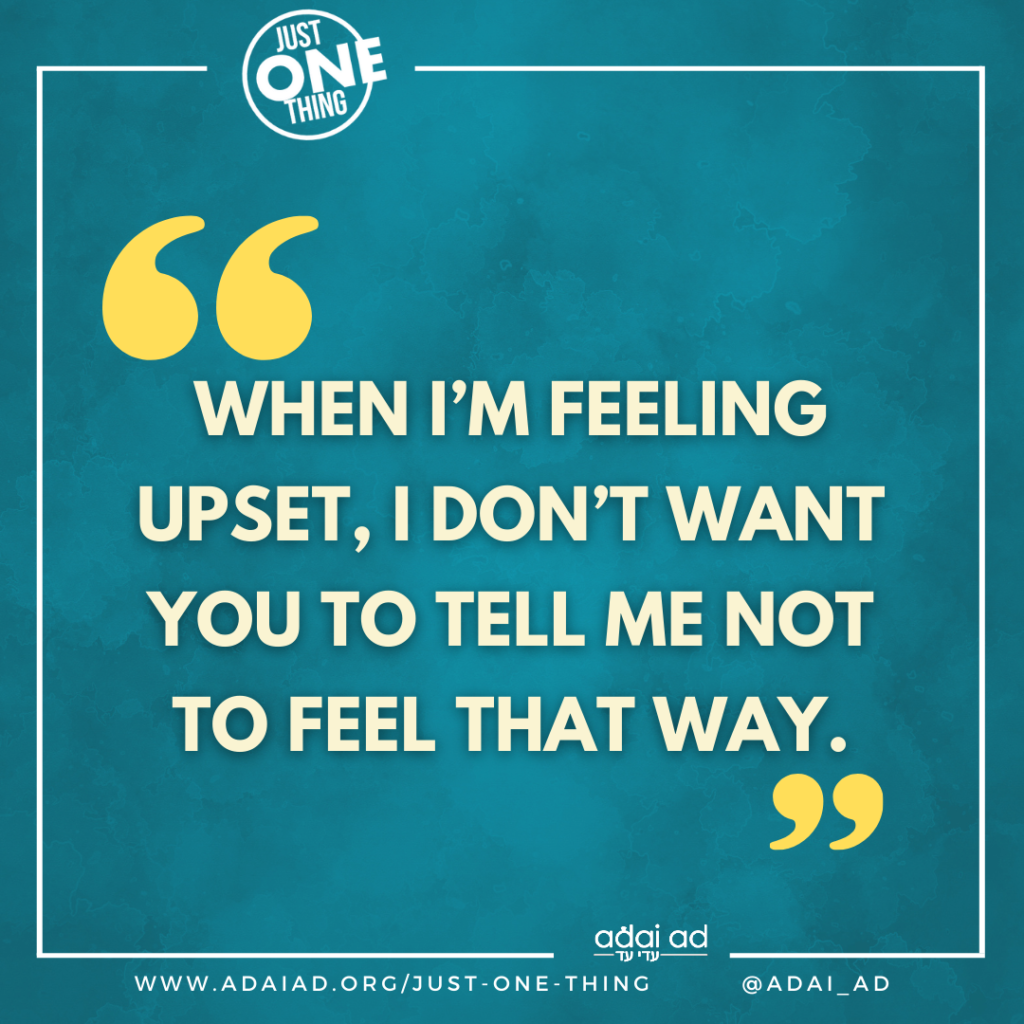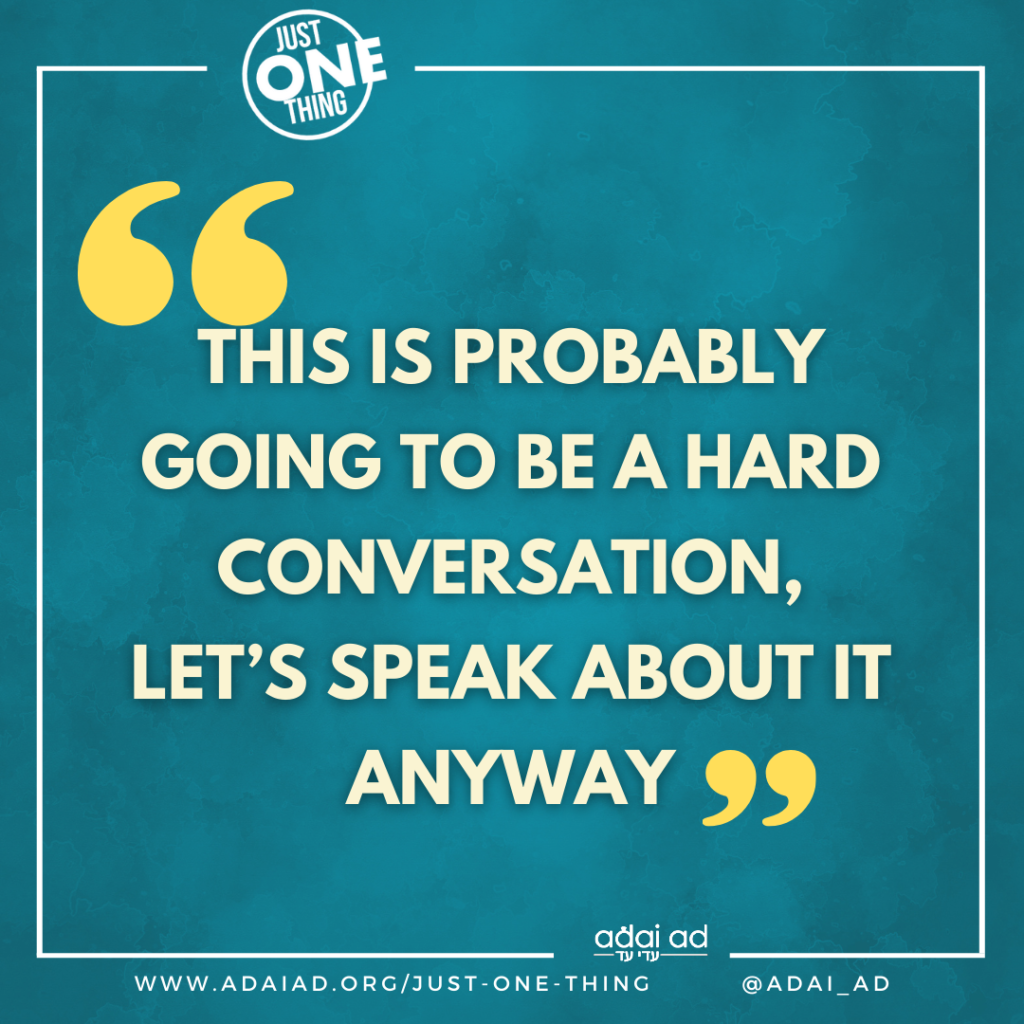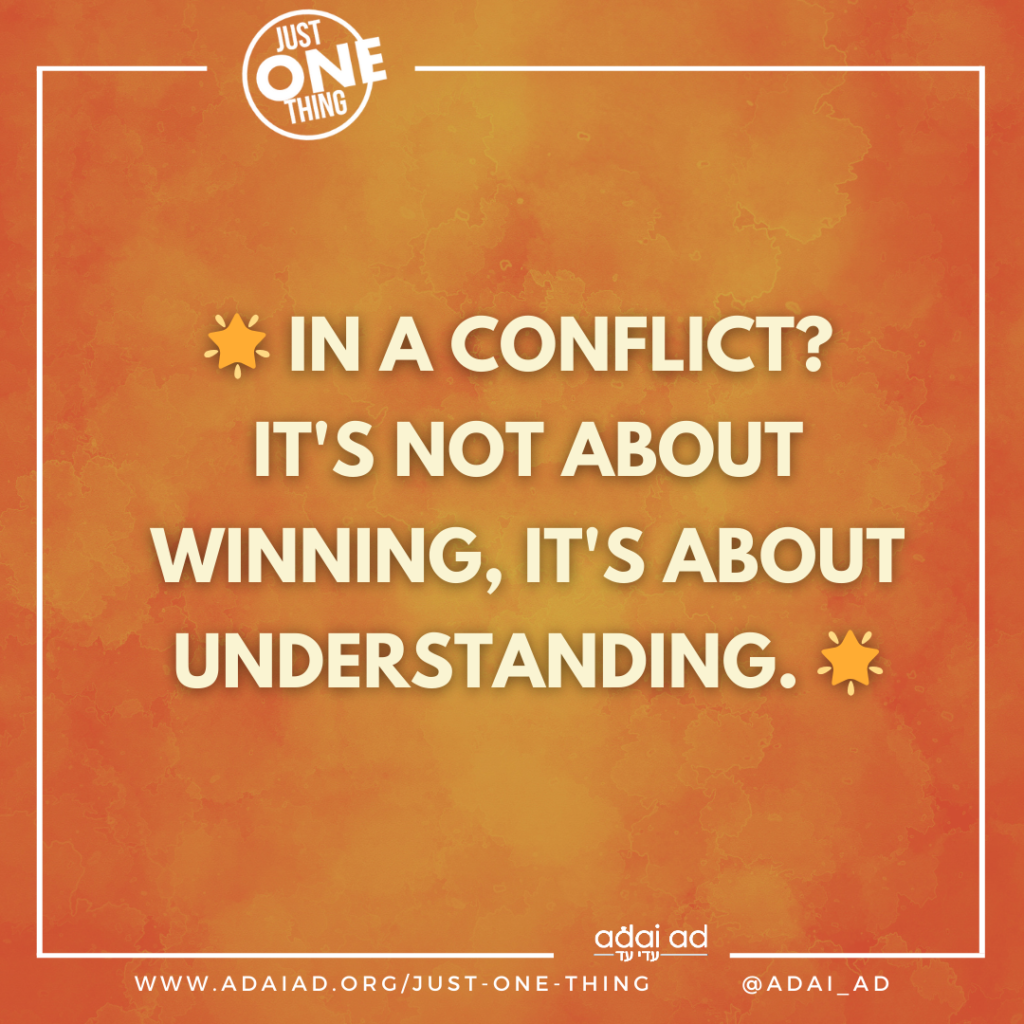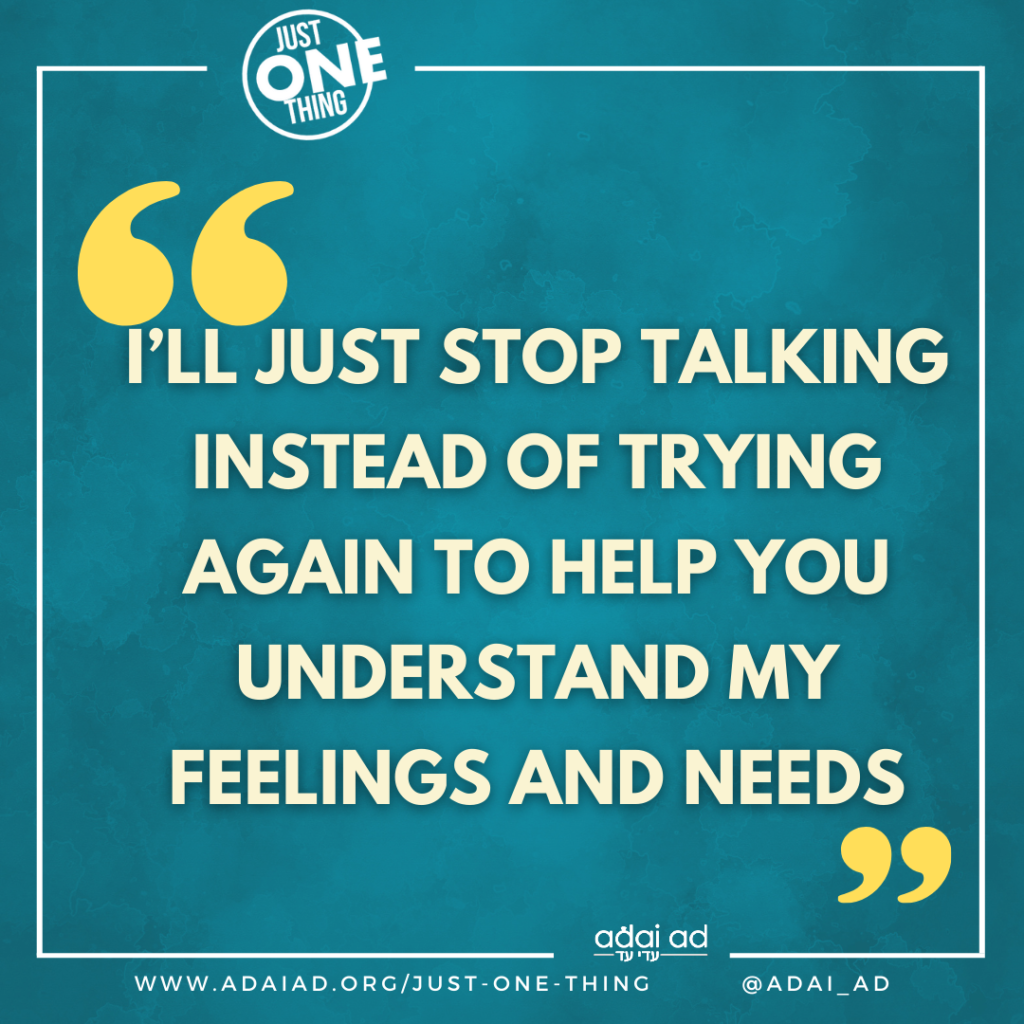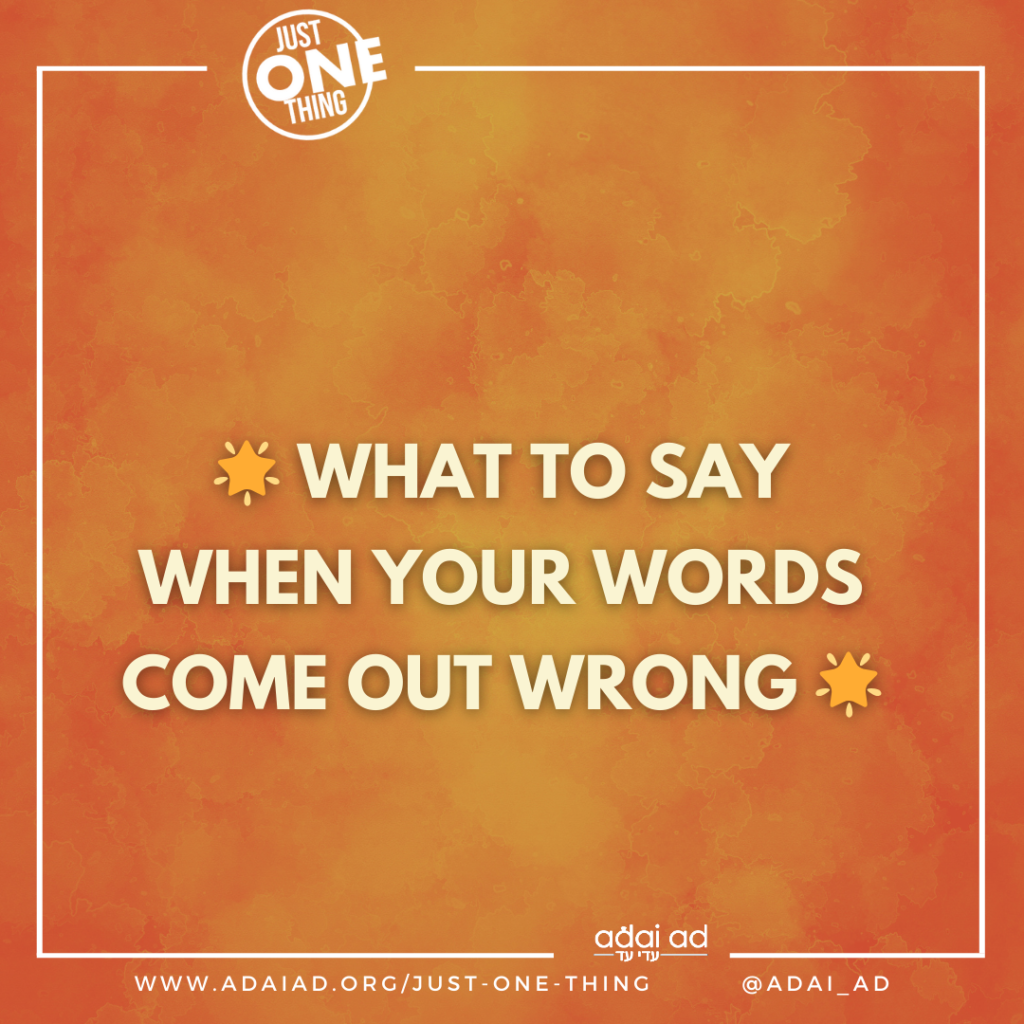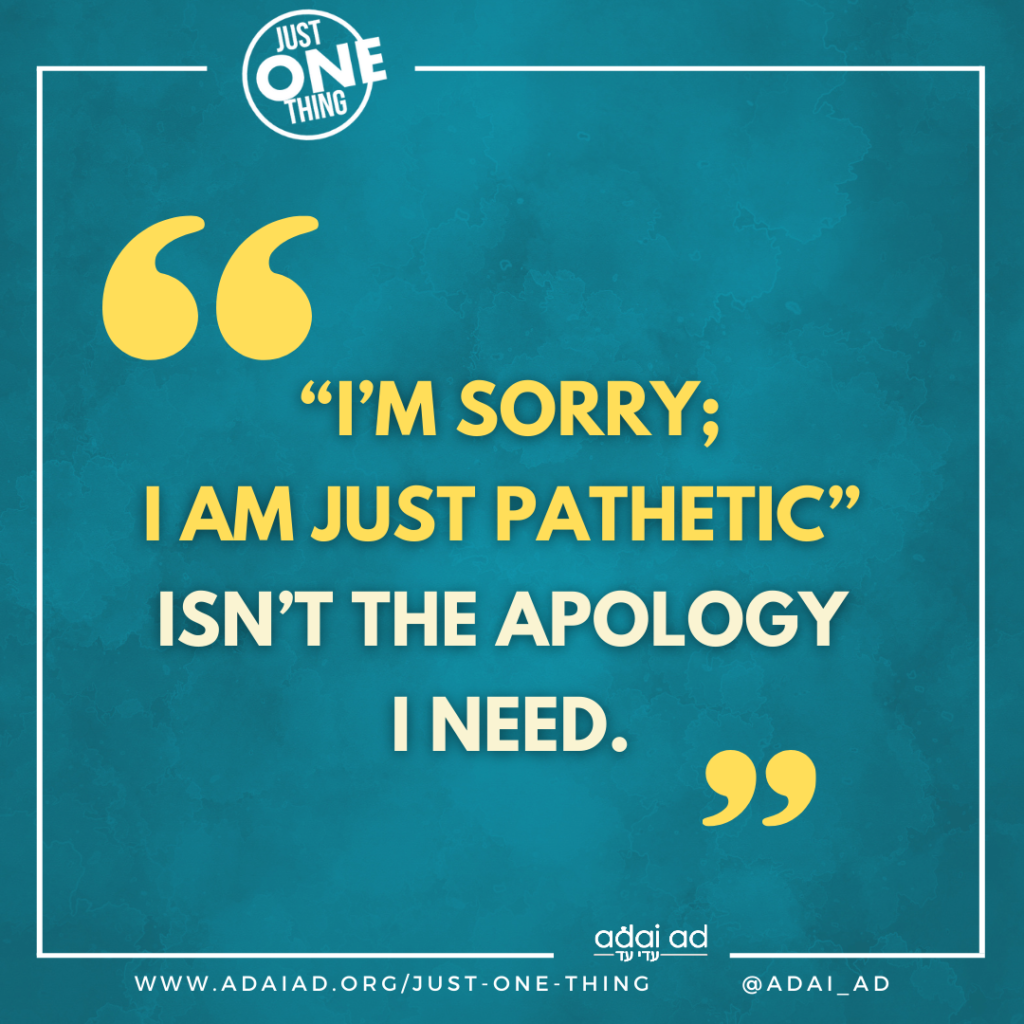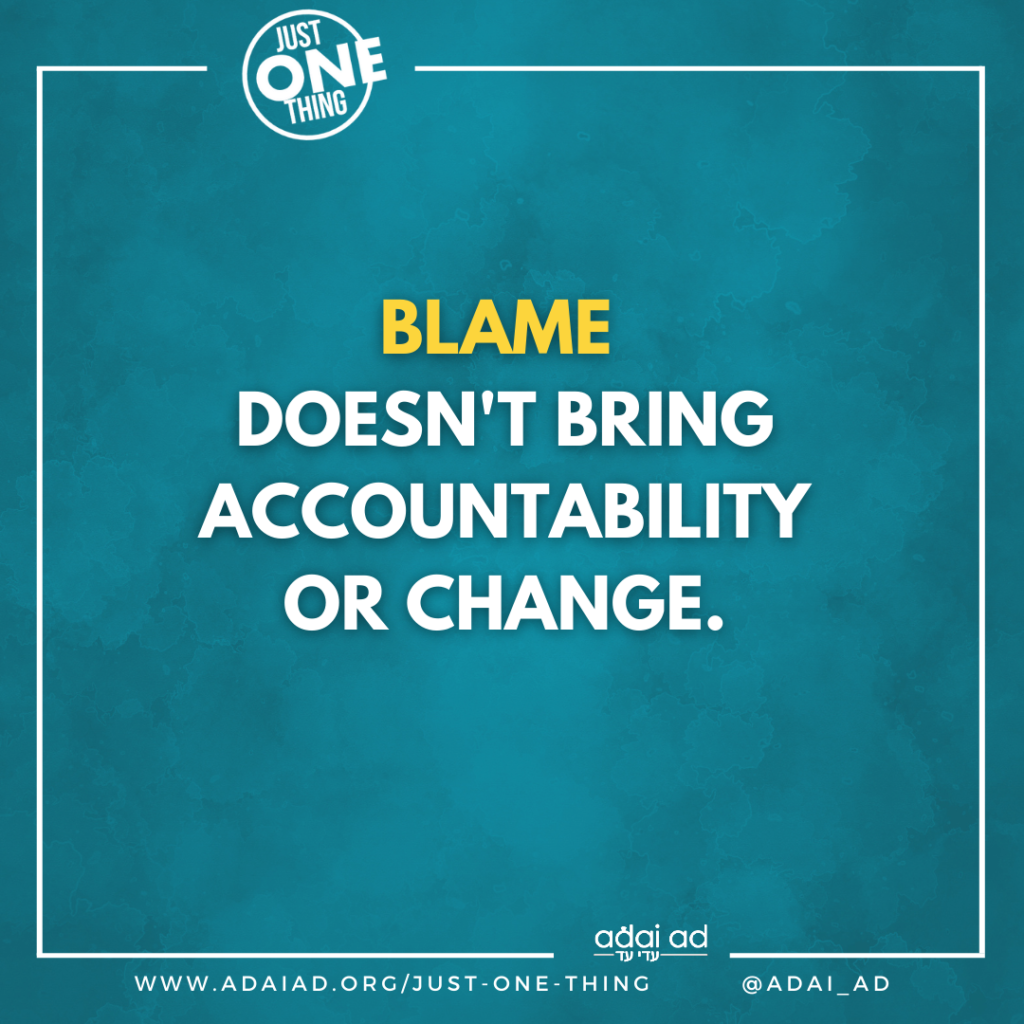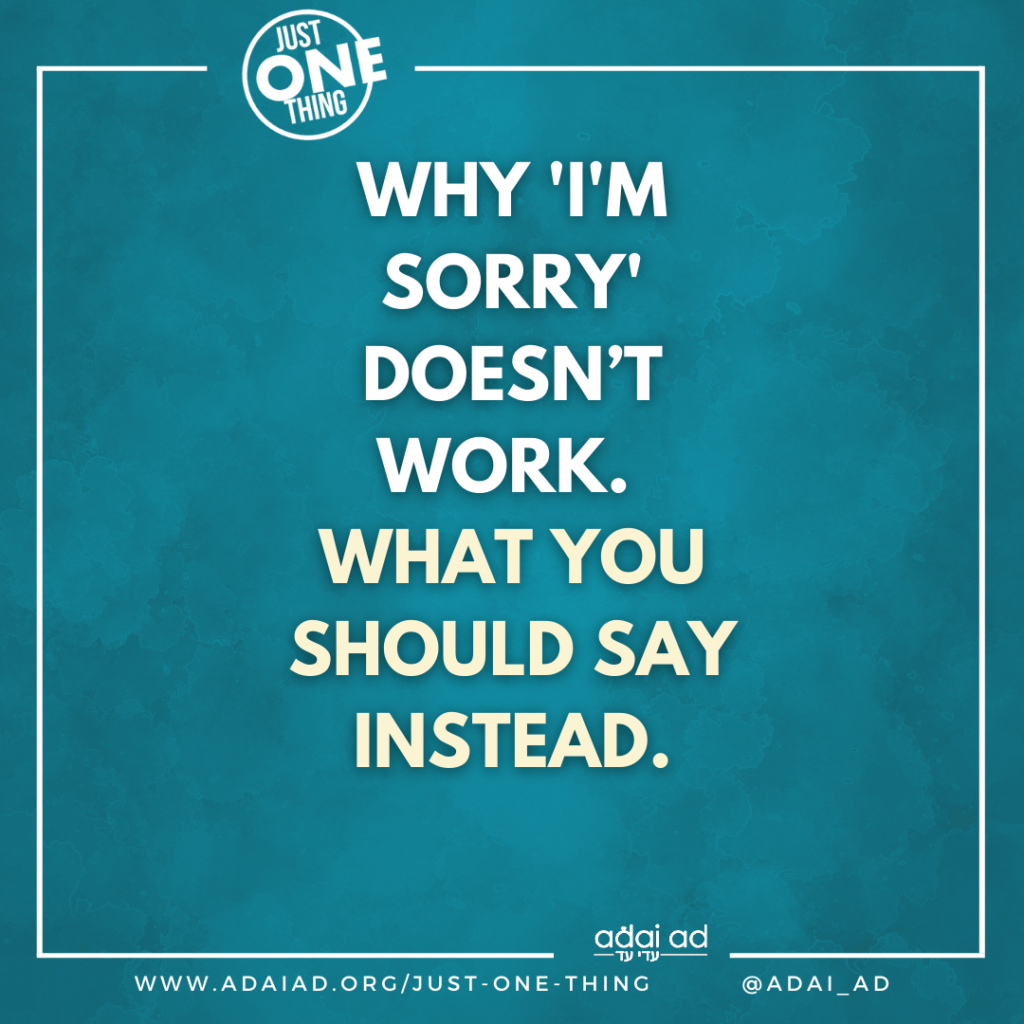“When I’m feeling upset, I don’t want you to tell me not to feel that way.”
When I get upset, sad, or experience another tough feeling, what I really need from you is to listen and support me. Most of the time, I don’t need you to fix things for me (I’ll let you know when I do). What I really don’t want is for you to tell me not to […]
“When I’m feeling upset, I don’t want you to tell me not to feel that way.” Read More »

